Our dreams of travel are taking a gap year
Covid has all but devastated global tourism and if we want it back, we’d better start thinking now about how to reinvent it
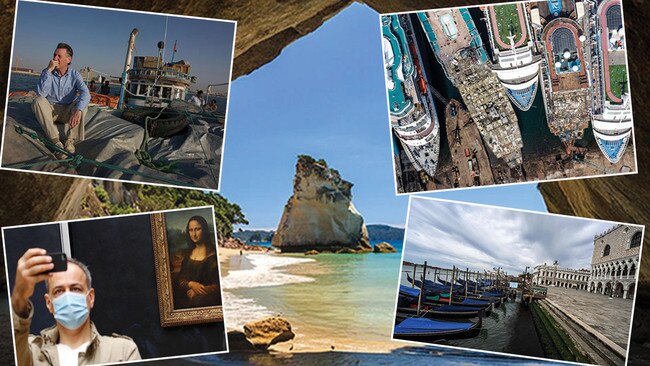
“I notice that you travel with a Game Boy,” said the Dutchman, brimming with disapproval. It was 1998, and I had been backpacking, slightly aimlessly, for about six months. We were in a cafe in Varanasi, a holy city in northern India where the air constantly smelled a bit like bacon because of all the dead people they cremated in open-air pyres on the river bank.
In the narrow, winding streets there were sadhus smoking opium and huge, wild, horned cows, often painted blue. There were no mobile phones back then and no social media; you were where you were, and I was a long, long way from home. Damn right I had a Game Boy. Some days, that little Italian plumber called Mario was my only friend in the world.
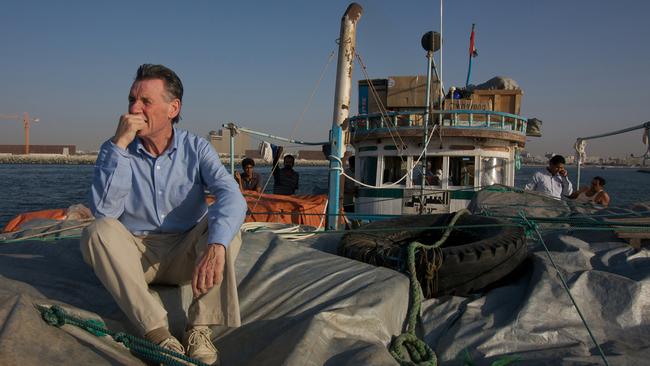
I thought of that last week, watching the sublime Michael Palin: Travels of a Lifetime on BBC One. It’s a retrospective of his many, many trips, and the first episode – his version of Around the World in 80 Days, filmed in 1989 – transported me back to a time when far-flung travel was still both intrepid and difficult. “Whereas now,” I thought to myself, like some droning old Grandpa Simpson, “anybody can go anywhere!” Before 2020 caught up with me, like a bucket of cold water to the face, and I remembered that actually almost nobody can go anywhere at all.
Globally, the travel industry is screwed. There are a thousand ways in which I could tell you exactly how screwed, but let’s start with the aerial view you might get from a jumbo jet, if British Airways hadn’t axed theirs in despair last Thursday. At Heathrow last month, passengers were down year on year by 82 per cent. Worldwide, the World Tourism Organisation (UNWTO) had international travel down by 93 per cent in June, with the numbers for July and August yet to come. The era of mass, easy, ubiquitous long-distance travel, still ahead of us when Palin first set off, abruptly looks like it might be behind us. Or at the very least, like it’s taking a gap year.
One initial response might be “good”. Global travel at pre-pandemic levels was already unsustainable, and getting more so, and everybody quietly knew it. On an environmental level, tourism flights are – were – thought to account for around 5 per cent of all carbon emissions. It was this, as much as Covid, that killed BA’s ageing, thirsty jumbos.
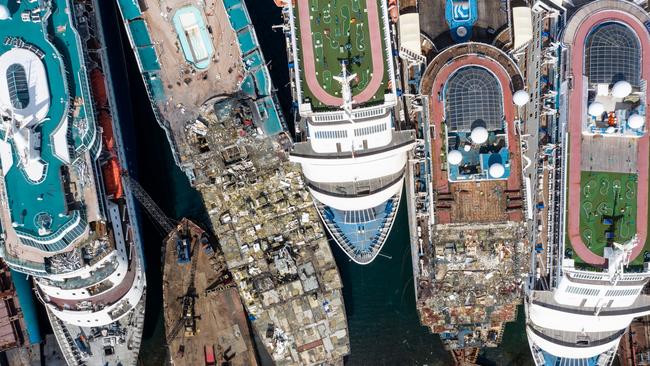
More terrestrially, from the vast cruise ships looming over Venice to the savage overdevelopment of beaches in Thailand or the Philippines, the sheer volume of flip-flopped footfall worldwide was making an awful lot of holiday paradises distinctly hellish. Intrepid travellers today talk of the absolute wonder of seeing a near-deserted St Peter’s Square, or the ease of strolling into the Louvre. Out there, perhaps for the first time in half a century, it really is a lonely planet.
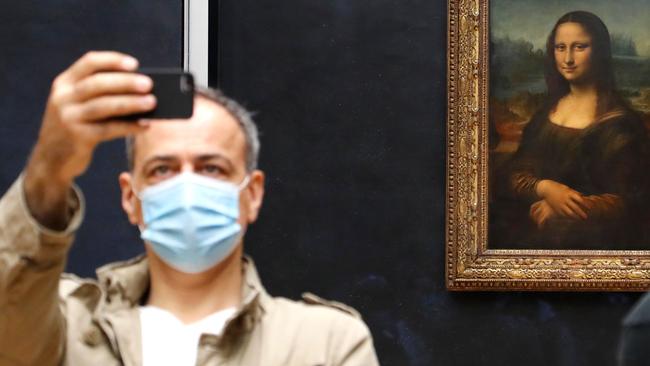
That way, though, lies sociopathy. Depending on how you do the sums, tourism has a decent claim to being the largest industry in the world. In the first six months of this year – again, pre-July and August – the UNWTO reckons that lost revenues worldwide were a little shy of half a trillion dollars. The UK campaign #SaveTravel, in a letter to the government, reckons that hundreds of thousands of jobs here could be lost from the wider tourism economy which makes up 10 per cent of UK GDP. It’s not clear what Rishi Sunak, the chancellor of the exchequer, thinks they should all do, beyond perhaps taking that weird careers quiz we all took last week and retraining as boxers like the rest of us.
Not many industries have ever collapsed like travel has collapsed in 2020. Probably, it was easier pre-pandemic to get into North Korea than it is to visit New Zealand today.
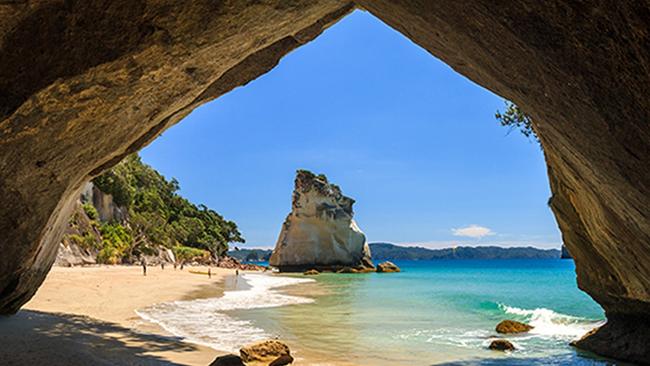
For Australia, America and South Africa, you’re more in “Eastern bloc during the Cold War” territory. In Singapore, I read yesterday, Singapore Airlines is turning two huge A380s into restaurants, parked on the tarmac. In Bali, where tourism makes for about 80 per cent of GDP, they are admitting not one tourist – not one – until 2021. In the Maldives, where it is a mere 60 per cent or so, they have flung the borders open, desperate for anyone who doesn’t mind quarantining for two weeks after trying to enjoy paradise in a mask, a seaplane ride from the nearest ICU.
The true costs of all this spiral outwards, almost infinitely. Think of the guy on an ad hoc wage for driving the minibus from the airport to the luxury safari lodge in Tanzania, thereby supporting a family of eight. Think of the person who maintains the engine on the speedboat used by the five-star hotel’s scuba diving trips on a Thai island, or the guy with a street stall repairing hiking boots in Kathmandu. In many places, tourism doesn’t just bring money. It is the tourism dollar that best protects the tropical reef from dynamite fishing, or the Ugandan gorilla from the poacher’s bullet. Venice will still be there after a few years of relative poverty. But will they?
At home, a smart government would right now be looking hard at yet another nosediving industry and thinking about how it can be rebuilt cleaner, far greener and generally better. Abroad, we should be thinking about what must be preserved until then, and how we can help. Perhaps, though, in the years since Palin sailed to Mumbai in his dhow, we have become just a little bit too blase about the wonder of having a whole world at our fingertips. And perhaps, if we are fortunate enough not to be personally affected, it will do us some good if, just for a short while, we are to relearn how it feels to look out at one that is not.
The Times


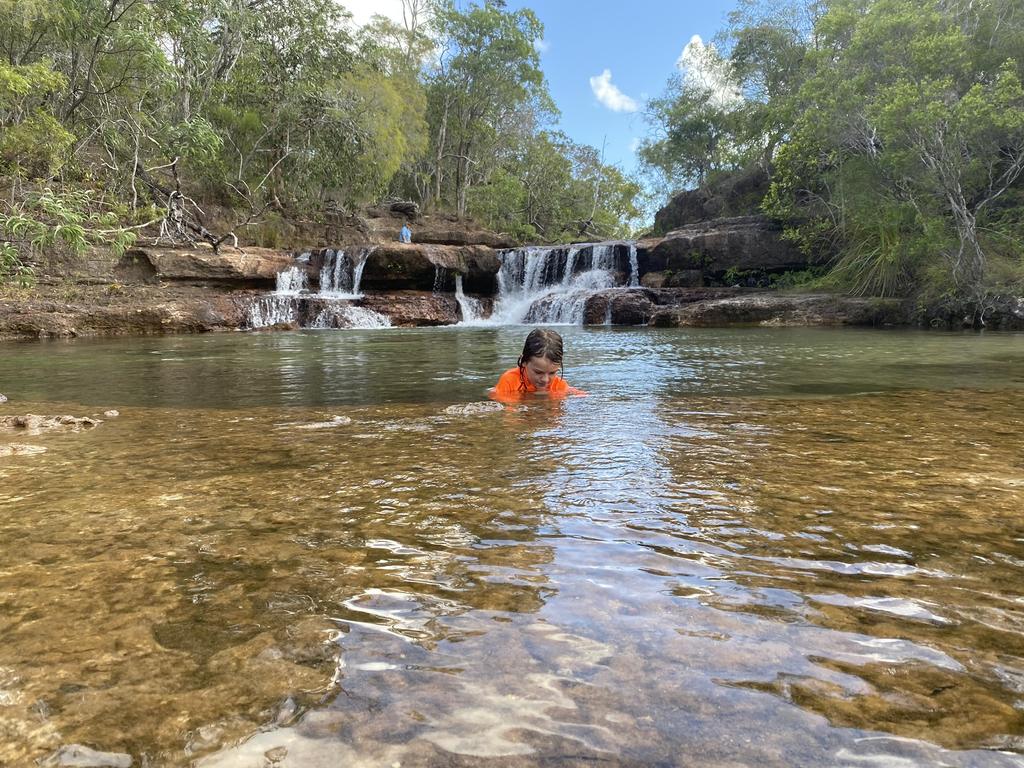




To join the conversation, please log in. Don't have an account? Register
Join the conversation, you are commenting as Logout